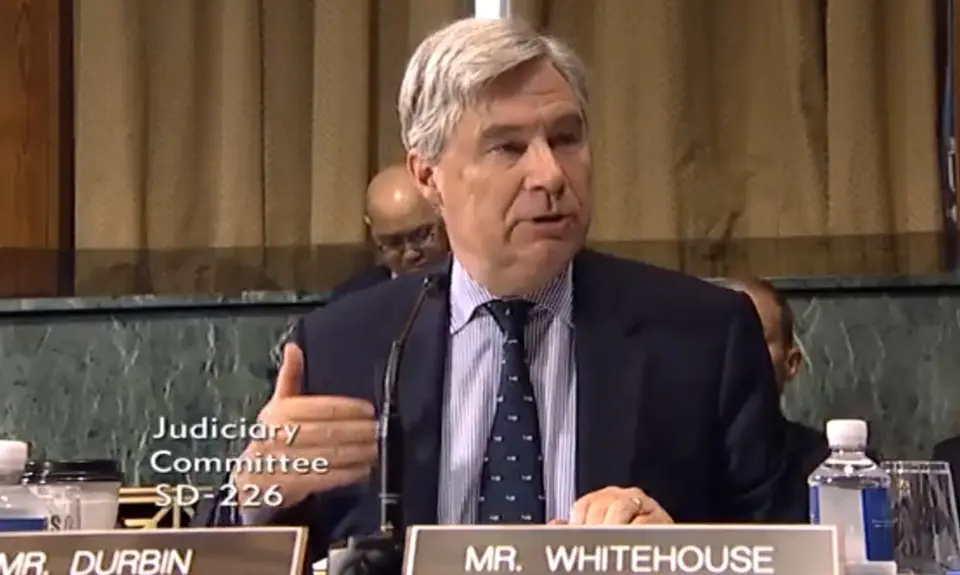A May 2 congressional committee hearing on the need for ethics reform in the federal courts could not have been better timed: It was hours after the leaked draft majority opinion by Justice Alito that would, if adopted, overrule Roe v. Wade and end the constitutional right to abortion. Both the absence of critical ethical guidelines and the damaging agenda of the far-right majority have weakened the public’s regard for the nation’s highest court.
The hearing of the Senate Judiciary Committee’s Subcommittee on Federal Courts, Oversight, Agency Action, and Federal Rights was led by subcommittee chair Sheldon Whitehouse. It came a week after a House subcommittee held a similar hearing.
What problems did the hearing focus on?
The hearing – An Ethical Judiciary: Transparency and Accountability for 21st Century Courts – touched on some of the ethics problems on the federal courts, especially the Supreme Court.
For instance: Even though justices are required to recuse themselves when they have a conflict of interest, there is no mechanism to make sure they comply. Each justice makes their own decision, without a need to explain, and without review by anyone else.
And the ethics rules that apply to all other federal judges don’t apply to the Supreme Court. For instance, Brett Kavanaugh infamously evaded further inquiry from judicial ethics officials relating to allegations of misconduct before and during his confirmation hearings simply by being elevated to the Supreme Court.
Another problem has to do with paid travel: Justices routinely attend events paid for by private entities, but without robust reporting requirements. This often creates at the very least an appearance of a conflict of interest.
Sen. Dick Durbin, chair of the Judiciary Committee, summarized the importance of the hearing with a quote from Justice Stevens’ dissent in Bush v. Gore: “It is confidence in the men and women who administer the judicial system that is the true backbone of the rule of law.”
What can Congress do?
Sen. Whitehouse discussed the Twenty-First Century Courts Act. That bill has been sponsored by Whitehouse in the Senate and by Rep. Hank Johnson in the House. Among other things, it would require the Supreme Court to adopt an ethics code for justices; improve transparency in recusal decisions; and enhance disclosure requirements for gifts of travel and personal hospitality to justices and lower court judges.
What happened at the hearing?
Three of the expert witnesses generally spoke out for congressional action to increase transparency and accountability: Kedric Payne (of the Campaign Legal Center), Prof. Amanda Frost (American University School of Law), and Prof. Abby Wood (University of Southern California School of Law). Speaking against congressional action were two witnesses invited by Republican committee members: Prof. Jennifer Mascott (Antonin Scalia Law School) and Thomas Dupree (of the Appellate And Constitutional Law Practice Group).
Several senators tied the leaked Alito opinion to the ethics problems plaguing the Court. Sen. Whitehouse noted that millions of dollars in dark money were spent to create the current far-right majority. Sen. Richard Blumenthal noted that Supreme Court nominees who told the Judiciary Committee that they would respect precedent are today eagerly planning to toss it aside. While several senators expressed shock that someone at the Court would leak a draft opinion, Sen. Mazie Hirono stressed that what’s stunning is the far-right majority’s plan to eliminate a constitutional right.
Sen. Lindsey Graham expressed concern about private entities paying for judges’ travel abroad, agreeing with Democrats that it erodes public confidence in the courts. But Republicans John Kennedy, Mike Lee, Ted Cruz, and Josh Hawley generally used the hearing as an opportunity to make their own talking points against Democrats.
